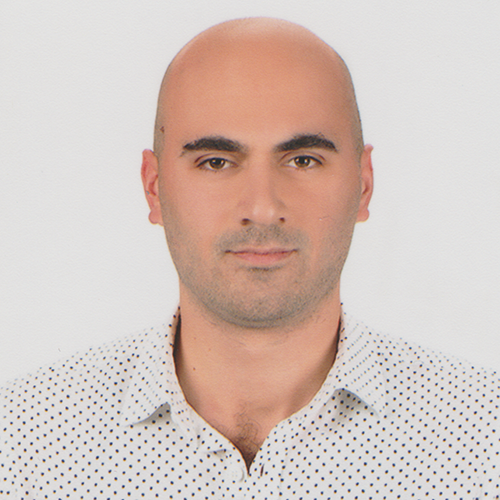An Energy System Simulation of Turkey with a Carbon-Neutral Scenario
Abstract
Usage of fossil fuels for electricity production plays one of the key roles in increasing CO2 emissions in the atmosphere. To mitigate CO2 emissions, a clean energy transition is taking place in many countries. However, the shifting fossil-based energy system to a renewable-based energy system is challenging in many aspects. There are so many parameters to consider and calculate to achieve the high renewable electricity share in power generation.
Increasing the share of renewable electricity is a tough challenge to perform for developing, relatively big countries such as Turkey. That is why various energy scenarios should be created and analysed. A carbon-neutral scenario is one of these scenarios. The carbon-neutral scenario may not mean only a 100% renewable scenario, it may also contain nuclear power plants, which do not emit CO2 into the atmosphere.
This study aims to show a roadmap of Turkey how to achieve a carbon-neutral scenario for the year 2053. Firstly, the existing energy system of Turkey in 2018 was analysed and the reference energy scenario was established for the year 2018. To observe the way how to perform a carbon-neutral energy system till 2053 from 2018, results of the reference energy and the carbon-neutral scenario were compared with each other.
EnergyPLAN model was used to analyse the scenarios on an hourly basis and to simulate Turkey’s existing energy system in this study. EnergyPLAN software provides hour by hour energy system simulation to give the most realistic results.
To sum up, the findings of this study show how high renewable energy integration into the country’s energy system can be implemented by considering energy consistency and sustainability. This paper, which is a unique study, can contribute to the clean energy transition research and decision-makers to establish concrete future energy strategies and policies.
Biography
Emre LEBLEBİCİOĞLU is an energy system and mechatronic engineer. He is an M.Sc. student at the Mechanical Engineering Department of Marmara University, specialising in renewable energy systems and energy modelling. After graduation from Karabük University, Turkey in 2015, he started to work in the solar energy industry and managed a large number of off-grid and on-grid projects in Turkey and Cyprus for almost 2 years. Nowadays, he is working for GENSED (Turkish Solar Energy Industry Association).
